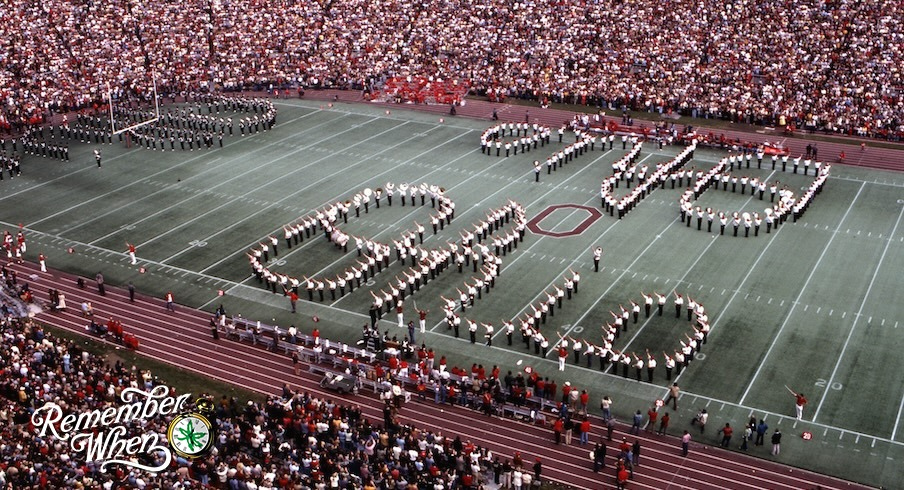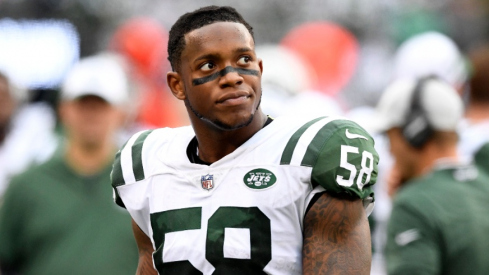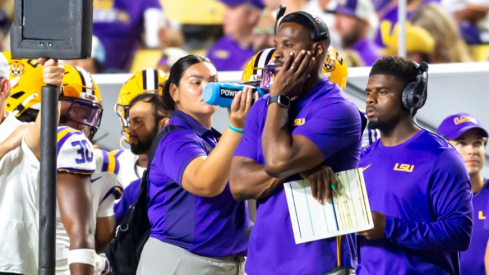A crystal ball 100 years in the making, that's what an anonymous source in The Lantern seemed to have in 1925.
While college football is now more professional than it’s ever been with players now making money from revenue sharing and their name, image and likeness, the topic of whether the sport has become too professionalized is one that’s been a century in the making.
Nowadays, some collegiate players make more than their respective position coaches while continuing to be student-athletes. In an era where college athletics continually evolve and adapt on what seems like a daily (or at least weekly) basis, NIL has transformed the sport forever and will continue to do so with the changes that follow.
One hundred years ago, an anonymous source told The Lantern that college football was a "corrupt" sport and that "universities have become professionalized."
Here's a snippet from the August 26, 1925, issue of The Lantern:

"Football Finance."
"Big business."
"Football is no longer an amateur, college game. Universities have become professionalized."
Are those statements made in 1925 or 2025? Seriously.
Even though the author in The Lantern didn't think college football was corrupt, they did discuss college football players getting paid to play for their universities.
We do not believe our athletes are "kept" by the University although we may at times suspect they recive help from interested alumni and friends of the University. But if a man keeps eligible, and if an alumnus helps him to get a job to keep himself in school, we cannot complain that he is being professionalized.
Unviersity scouts can more than likely tell many tales of personal pressure to bear to get an athlete to attend Ohio State instead of some other school.
For those curious, after three consecutive losing seasons, the Buckeyes finished 4-3-1 in 1925 before an impressive 7-1 season a year later.
While some might argue that college football is now corrupt and all about NIL – which, in some cases, might be correct – it's a sport that continues to revolutionize and is now more popular than ever before.
In 2010, Ohio State players were suspended and Jim Tressel was fired when said players sold memorabilia in exchange for tattoos, a saga often referred to as Tattoogate. Now, players are signing seven-figure deals to attend a school and play college football.
Fast forward to 2025, and collective bargaining might soon become a thing in college athletics.
On a potentially historic day on Capitol Hill - when an all-encompassing college sports bill could advance out of committee - two Democrats are reintroducing a bill that does permit what many within the industry crave: collective bargaining with athleteshttps://t.co/7jz5cqpHDz pic.twitter.com/PBvYFAU5pS
— Ross Dellenger (@RossDellenger) July 23, 2025
That anonymous person in 1925 was kind of right; it just took 100 years for that to come to fruition.


